Don Giovanni 101: Q&A with Bruno Taddia
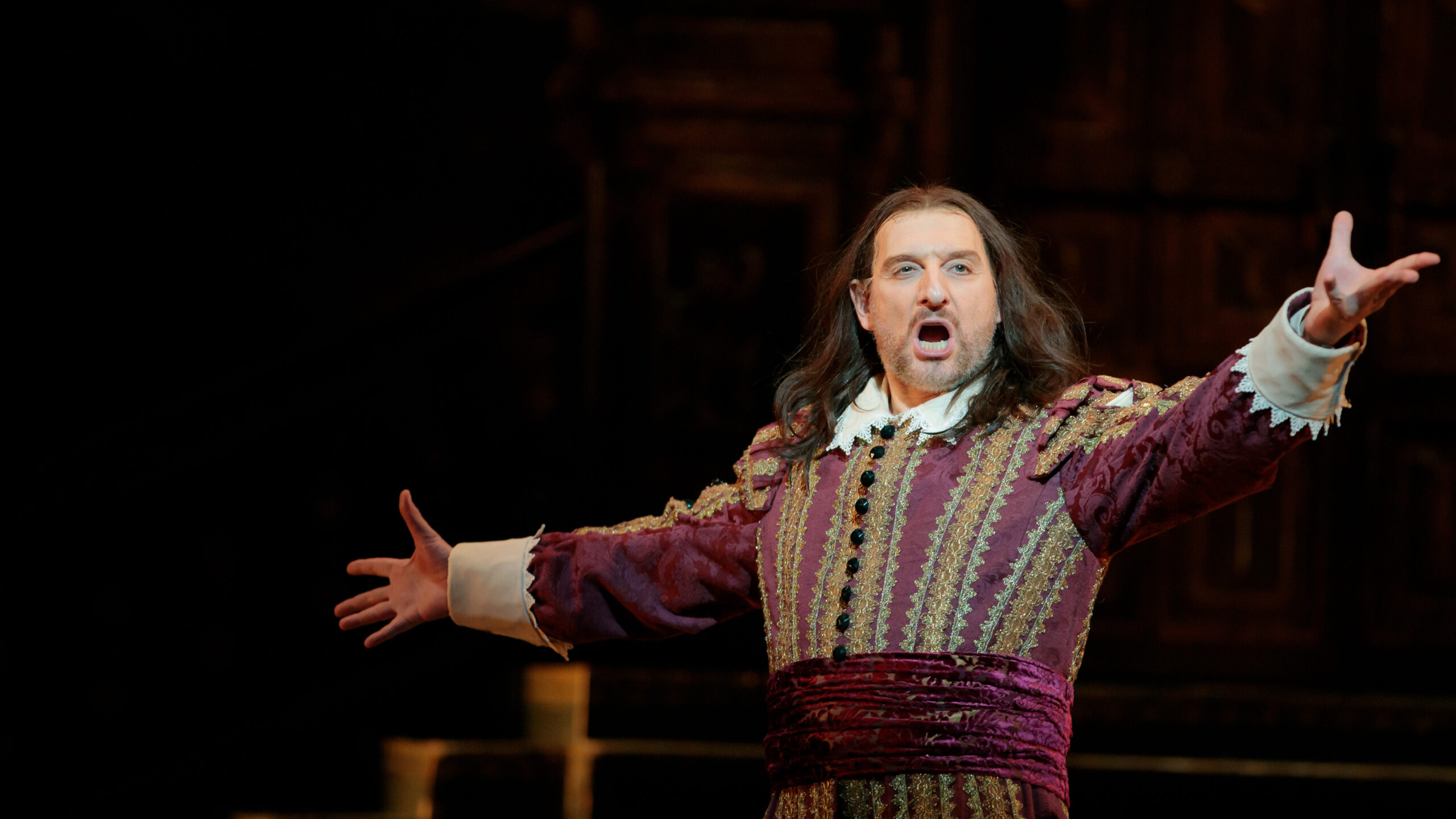
Italian baritone Bruno Taddia returns to Opera Colorado after portraying Figaro in The Barber of Seville in 2019. He’s playing the titular character in this production of Don Giovanni for the first time at the Ellie, but is no stranger to the character. Join us as we delve into Bruno’s career and explore his meticulous preparation for this iconic role.
See Bruno Taddia live in Mozart’s Don Giovanni in four performances only! Join us at the Ellie Caulkins Opera House on November 4, 7, 10, 12, 2023. Tickets start at just $39>>
How did you get involved in opera?
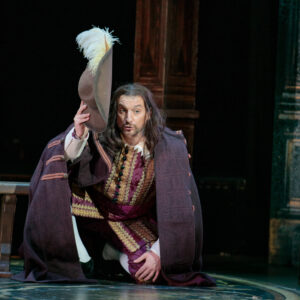
Source: Matt Staver/Opera Colorado
My parents are both passionate about music and my mother plays the piano. Wednesday was her Haus Musik day; she would rehearse with a violinist and a cellist friend of ours. Every Sunday, my parents would go out to the theatre to see an opera, leaving me home with a babysitter. I didn’t like being left home at all, so I’d start being whimsical and protesting. When I turned six, I won my personal little battle; my parents finally decided to bring me along with them to the opera. So, I have loved the world of musical theatre ever since.
What is special about Mozart and Don Giovanni for you?
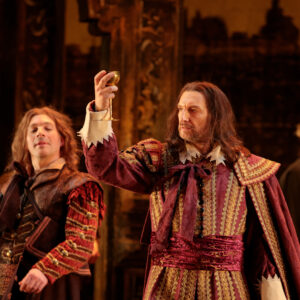
Source: Matt Staver/Opera Colorado
I think Mozart is the most important figure in the entire history of Western music. I can’t even start describing his greatness in just a few lines, but I can try to convey an image. Let’s put it this way: in the small elite of the greats of Western music, each one found a peculiar form of expression in which he or she excelled. For example, Verdi in Italian opera, Beethoven in symphonic music, Haydn in sonata forms, and Bach in counterpoint.
Mozart, compared to all these giants, can boast a unique primacy: he excelled in all these mentioned areas of musical forms. In each of those areas, he composed at least one masterwork (often more!), essential for the history of Western music. I believe that is why we identify Mozart not with one form of music, but with music itself!
Talking about Don Giovanni, it is an opera that speaks of a great Western myth, Don Juan, one of the most important myths of all. That is why I believe Don Giovanni is a very special masterpiece.
How do you prepare to step into this role? Have you made any changes from previous times you have performed in this opera?
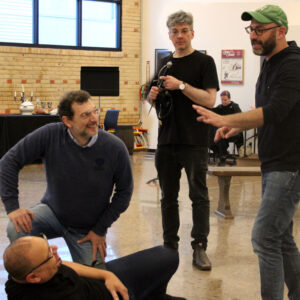
I prepare by reading, gathering information, looking around, and thinking. The creative process around the construction of a role is a bit chaotic at first as I must retain a large quantity of information. Next, all that information will be met by the necessities of the Director and Conductor and shaped into a full-fledged character.
I understand you did your thesis on this opera. What can you tell us about what you learned from that research?
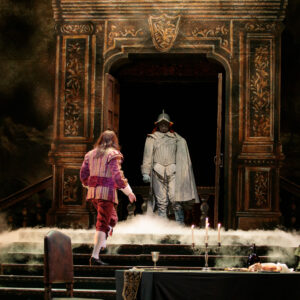
Source: Matt Staver/Opera Colorado
Don Juan is so interesting to us because he presents an interesting philosophical conundrum. If we looked at the character through Molière’s Don Juan (and all the previous versions of this myth), we would be influenced by the religious connotations that condemn Don Juan. After all, the story is nothing without the dinner scene, which is steeped in Christian overtones: a man, the Commendatore in this case, coming back to life and offering an invitation to redemption.
However, the opera’s librettist, Lorenzo Da Ponte, subtracts the religious theme that frees Don Giovanni from blasphemy and keeps it in sensuality.
Nevertheless, other womanizing characters–Casanova, Tom Jones, Jupiter, for example–are not dragged down to hell, so why does Don Giovanni have this more negative perception than others like him?
Usually, it is religion that condemns him. In the opera, there is no such lens, but one knows that one still has to judge him. Avoiding religion, Da Ponte’s version is immersed in the idealistic philosophical tradition and Don Juan’s sensual actions (and his way of living), suggest a transience of it and a rejection of all the foundations on which this tradition is built. The character of Don Giovanni, therefore, comes to represent, in a historical dialectic, decisive for the future development of our culture, the decline of the traditional view of philosophical values, in favor of their relativization, foreshadowing the advent of nihilism. Don Juan and his sensuality embodies this crisis and that is why he is so dangerous.
What is your favorite part of rehearsing for an opera?
I really enjoy working on the construction of a character. It really is a voyage that brings you to unexpected territories.
You’re back with Opera Colorado for the first time since singing Figaro in The Barber of Seville. What do you like about Colorado?
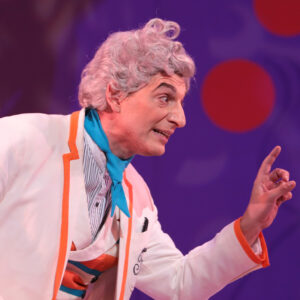
Photo: Matthew Staver/Opera Colorado
Opera Colorado for me is a fantastic family where I feel welcomed and get to get to work with a wonderful group of people. For singers, who often travel a lot, feeling so at home is uncommon. I also love Denver! It is always lots of fun for me to sing in the United States and makes me very happy. People are so enthusiastic and curious it is heartwarming. Opera Colorado, ever since I first came for Figaro, holds a very special place in my heart. I am thrilled to be here with you! I feel very lucky!


